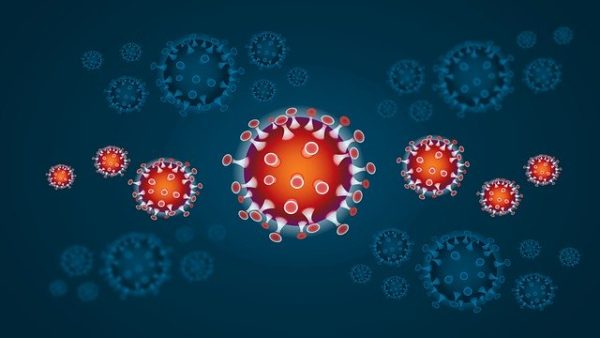
Governments from around the world have asked people to stay at home to help preventing and slowing down the spread of coronavirus.
Self-isolating means cutting yourself off from the rest of the world.
From now on, if one person in a household starts to display flu-like symptoms – defined as a fever of above 100F (37.8C) or a persistent cough – everyone living there must stay at home for 14 days.
The person with the symptoms should stay in a well-ventilated room with a window that can be opened, and keep away from other people in the home.
They should ask for help for groceries, other shopping or medication, which can be dropped off on the doorstep by friends, family or delivery drivers.
The Covid-19 disease can cause a fever, cough and breathing problems. It takes five days on average for people to start showing the symptoms.
What if someone self-isolating shares a home?
If someone is self-isolating and shares a kitchen, they should try to avoid using it when other people are there and take meals back to their room to eat. Clean all the surfaces at home with household cleaning products daily.
Although they might not be able to entirely separate themselves from family members or flat-mates, the advice is to limit contact as much as possible.
If possible, stay at least 6ft from other people they live with and sleep alone. Keep away from vulnerable people.
Coronavirus: What Is Social Distancing?
Coronavirus: How to Effectively Wash Your Hands?
People living with someone in isolation should wash their hands often, using soap and water for at least 20 seconds – especially after coming into contact with them.
Other people shouldn’t share towels, toiletries or other household items with someone in isolation, who should have a separate bathroom. If that is not possible, the isolated person should use the bathroom last, cleaning it thoroughly afterwards if they are able.
Any rubbish that the isolated person has been in contact with should be double-bagged and kept.
